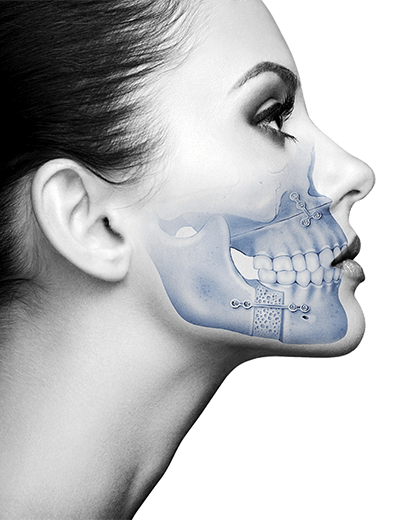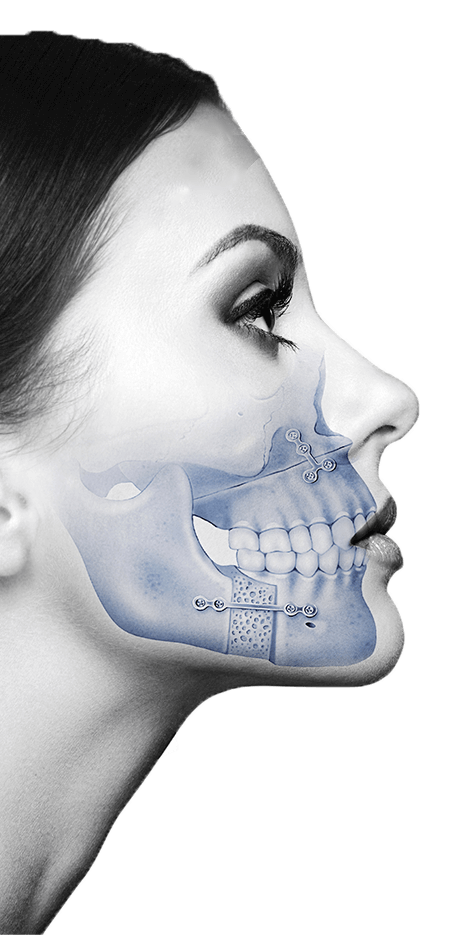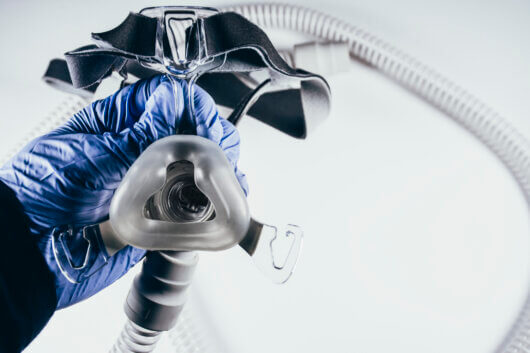CPAP (continuous positive airway pressure) has been the first-line treatment for sleep apnea for years. However, more and more patients report difficulty adapting or limited benefits. Today, we'll analyze why CPAP doesn't work for everyone and what other solutions exist.
What is CPAP and how does it work?
CPAP is a device that, through a mask, provides pressurized air while we sleep, keeping the airways open. Its function is palliative: it prevents nocturnal airway collapse, but it does not eliminate the cause of the obstruction.
Why many people don't tolerate it
People who use C-PAP report frequent problems:
- Discomfort while sleeping (mask, noise, claustrophobia)
- Dry mouth or nasal congestion
- Device dependency
- Relationship discomfort
- Travel problems
Therefore, according to studies, between 30 and 50% of patients discontinue treatment in the first few months, while others tend to abandon it later, although in smaller numbers.
Even those who use it... sometimes don't improve
Although CPAP works well in many cases, there are patients who, even with regular use, continue to experience:
- Daytime sleepiness
- Fatigue
- Snoring
- Residual apneas
This may be due to poor calibration, an overly obstructed airway, an anatomical cause that CPAP cannot compensate for, or discomfort associated with using the machine itself, which prevents them from getting completely restful sleep.
Many patients with moderate or severe sleep apnea have alterations in their facial structure, such as a receding jaw or a narrow bone base. In other words, the cause of the collapse is not only functional: it is anatomical. In these cases, CPAP acts as a patch, but does not solve the problem, which is why it is considered a palliative treatment rather than a curative one in the medical field.
At the Maxillofacial Institute, we offer the definitive solution for patients who desire a permanent cure for sleep apnea, either because they cannot tolerate CPAP or because they are not achieving the expected results: orthognathic surgery (maxillomandibular advancement).
Who is the surgery indicated for?
- Patients with moderate or severe sleep apnea
- Poor tolerance to CPAP
- Evident mandibular or maxillary retrusion
- Young people with apnea and without other chronic conditions
CPAP is not a universal solution. If you don't adapt, if your quality of life doesn't improve, or if you simply want to stop depending on a device, orthognathic surgery is a definitive, effective, and immediate solution.
Related content:









